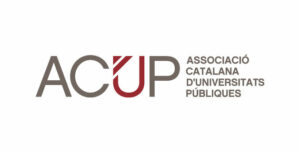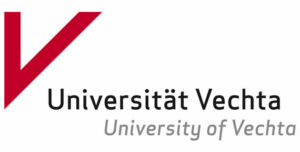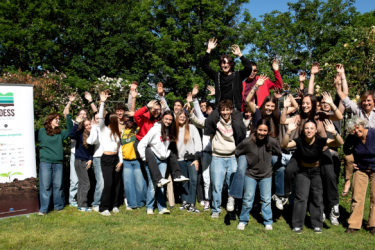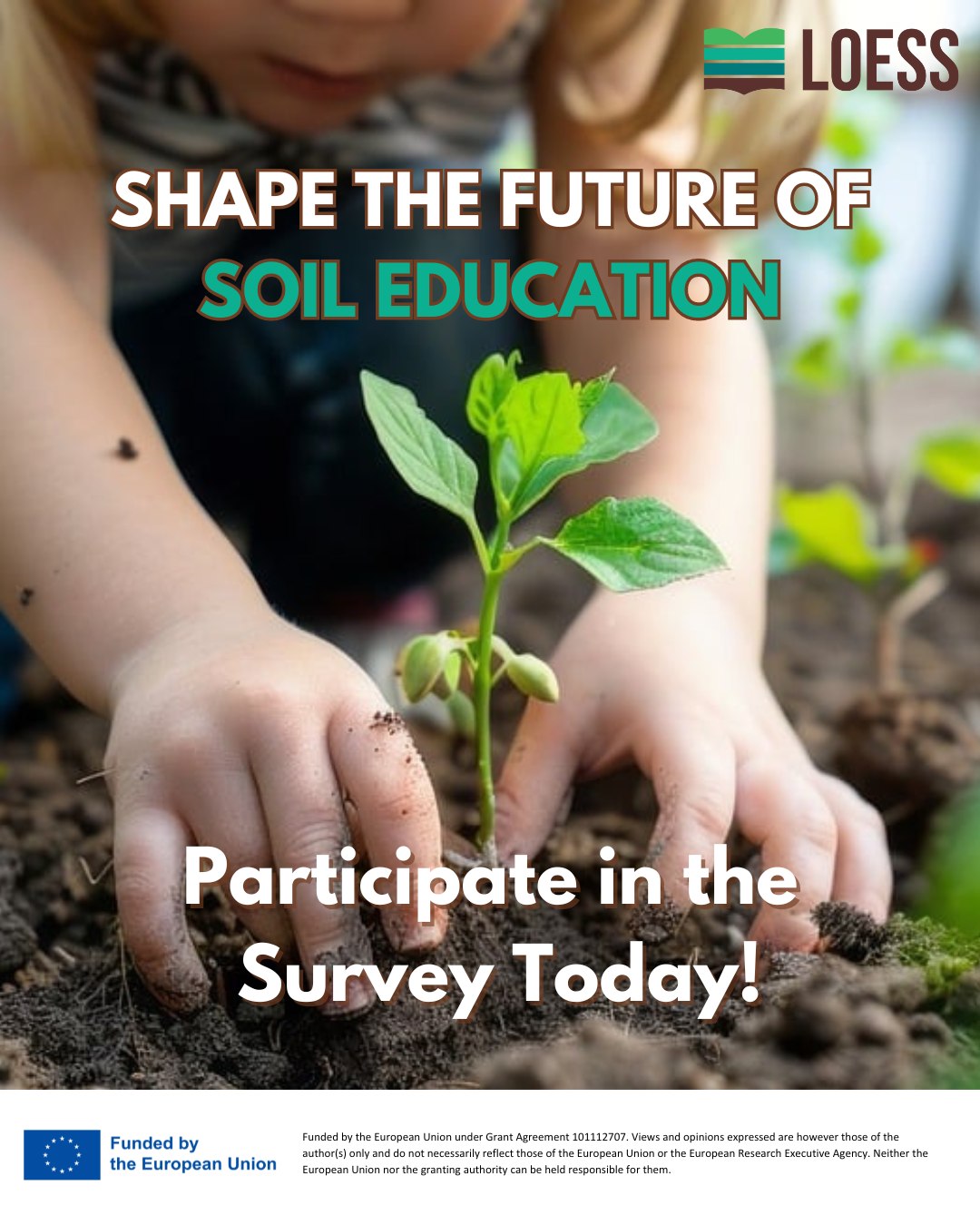LOESS
Literacy boost through an Operational Educational Ecosystem of Societal actors on Soil health
Healthy Soils Matter
Healthy soils support over 25% of the world’s biodiversity and form the essential foundation of our food chains. However, soils worldwide are facing increasing stress, and the need to protect and restore soil health has never been more urgent.Impact of Healthy Soils on Everyone
Soils are crucial to our survival—they provide food, purify water, and sustain biodiversity and climate stability. Understanding these vital connections helps us see why soil health is not only important for farmers and scientists but for everyone. By increasing awareness and practical knowledge—referred to as “soil literacy”—we can all contribute to securing a healthy future for people and the planetThe Critical Role of Education in Soil Health
Protecting soil requires a fundamental shift in education. Currently, soil health is often overlooked or insufficiently represented in national curricula, with gaps between official guidelines and available teaching materials. By adapting educational systems to include comprehensive and engaging soil education, we can raise soil literacy and equip future generations with the knowledge and skills needed to safeguard this vital resource.The loess project
Started in 2024, the LOESS project focuses on creating innovative educational programs, continuous training, and skill development activities. It addresses diverse actors, stakeholders, and target groups connected to soil education, fostering deeper understanding and engagement.
Take Action!
Identify yourself with an audience and get to know which educational tools and more can be helpful for you. Let’s take care of our soils, our lifes and the planet!
STAKEHOLDERS TOOLS
- Policy makers
- Educators diverse
- Primary and secondary formal
- General public
People who design, influence, or implement public policies — such as government officials, ministry representatives, and education decision-makers.
Educators (Diverse)
Teachers and education professionals from different levels, subjects, and backgrounds — for example, primary school teachers, secondary school teachers, and special education staff.
Tertiary Education
Any education after secondary school, including universities, colleges, and vocational training programs.
ITE (Initial Teacher Education)
Programs that prepare future teachers before they begin teaching professionally — such as teacher training courses or university degrees in education.
- Blueprint for exemplary sustainable practices in education
- Case studies
- European Atas of soil education and training
- Course for Biology and Environment Education teacher students
- Online LOESS module for lecturers (CERL & Science Shop methodology)
- Module for students/ Sciencelearns.Soil + competence map
Primary Education
Formal schooling for children roughly ages 5–11 (early school years).
Secondary Education
Formal schooling for students roughly ages 12–18 (middle and high school years).
Formal Education
Organized learning that follows a recognized curriculum and leads to official certification (e.g., primary, secondary, and higher education).
Anyone interested in the topic who is not a specialist — including citizens, parents, journalists, and media representatives.
- Glossary
- Crowd-mapping tool
- AR App
- Field experiments as demonstrators
LOESS
NEWS and CoPs
LOESS
NEWS and CoPs
have a look at our resources AND NEWS
OPEN Registrations to the MOOC ‘SOIL EDUCATION: AN INTEGRATEM STEM APPROCH’
LOESS
ABOUT

To value soils, people need more than scientific information. They need to understand how healthy soils impact their lives. For that, it is important to involve all strata of the European population. It is crucial to start from people’s existing practices, values, and concerns in order to build increased awareness, understanding, and engagement. All in all, we must improve soil literacy.
To do so, LOESS will map, connect, and engage with multiple actors to provide an overview of the current level of soil related knowledge in different educational levels and to develop teaching programmes and materials. LOESS will co-create and test pedagogical techniques to encourage effective knowledge flows and discourse between educators and learners and between different knowledge systems (scientific, political, individual local and collective cultural knowledge).
LOESS will carry out activities in 15 countries and provide hands-on activities related to soil education through Community Engaged Research and Learning.
PARTNERS
LOESS
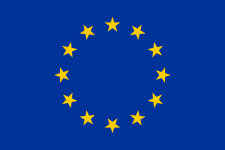
EUROPEAN UNION
LOESS
EU MISSIONS:
A SOIL DEAL FOR
EUROPE
EU Missions are a new way to bring concrete solutions to some of our greatest challenges. They have ambitious goals and aim at delivering concrete results by 2030. In this context, LOESS is being funded by the Mission ‘A Soil Deal for Europe’.
Life on Earth depends on healthy soils. Soil is the foundation of our food systems. It provides clean water and habitats for biodiversity while contributing to climate resilience. It supports our cultural heritage and landscapes and is the basis of our economy and prosperity. However, it is estimated that between 60 and 70% of EU soils are unhealthy. Soil is a fragile resource that needs to be carefully managed and safeguarded for future generations. One centimeter of soil can take hundreds of years to form, but can be lost in just a single rainstorm or industrial incident.
The Mission leads the transition towards healthy soils by:





